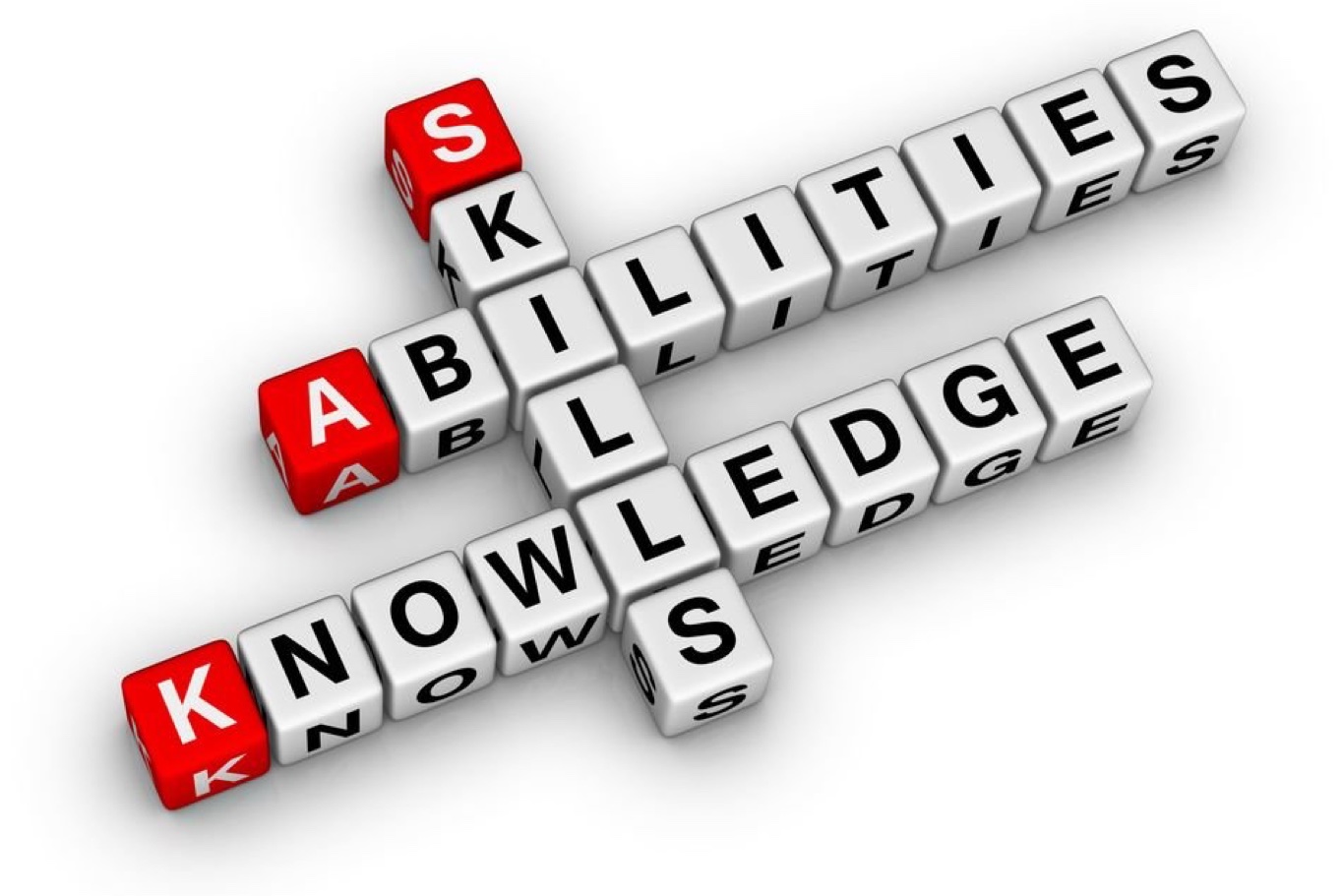How Working with Other Agencies can Promote Diversity.
Many teaching establishments work with a wide selection of external agencies that promote diversity, numerous UK courses have associations with the NHS who look after adults and children at home and at school and provide residential and nursing care. This association helps students realise there are other people within the community that are less fortunate … Read more









